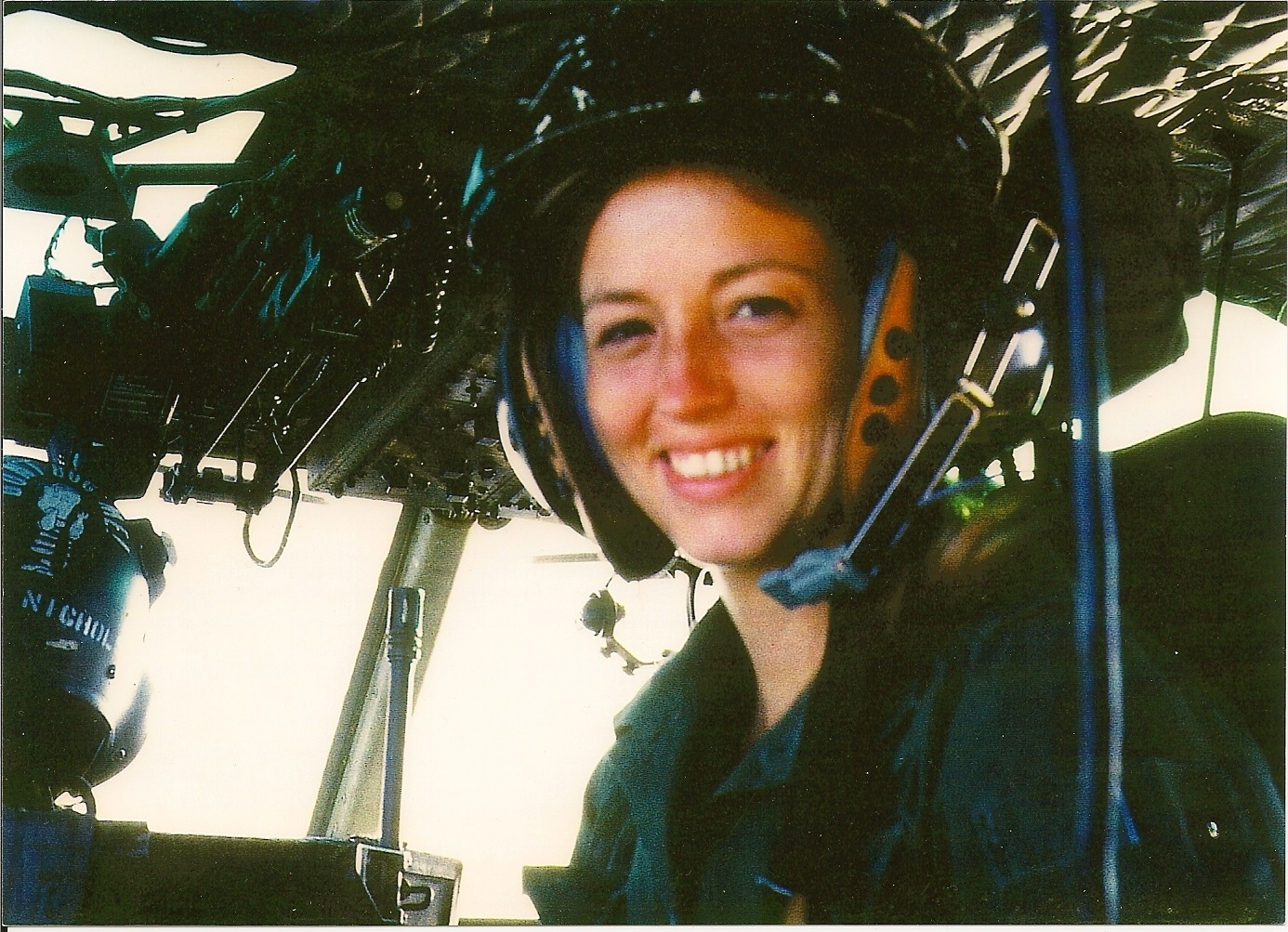"But it never felt like a burden" | the Sacrifice of Caregiving in the Vietnam War
“You'd said earlier that you were opposed to the war,” I said.
“Yes, I was.” Gayle Smith was resolute.
“And you just said that it was the wrong thing.”
“Yes.”
“And a lot of people would choose not to serve if they thought it was the wrong thing. So I'm curious as to why or how you square that: Being opposed to the war but also wanting to serve.”
“I wanted to bring back people that I didn't think belonged there in the first place. And I was willing to sacrifice my life to do that.”
*
In 1968, Gayle Smith, a twenty-one year old student at Vermont College, decided that she would volunteer to serve in Vietnam as a member of the Army Nurse Corps (ANC). Unlike their male peers, one hundred percent of the 5,000 women who served as nurses in Vietnam between 1956 and 1973 volunteered to serve in the United States Military. Some signed up seeking adventure. Others signed up to escape the looming idea of marriage and domesticity. Others hoped to advance professionally as a nurse. Gayle signed up out of principle: Vietnam didn’t make sense, and rather than protest, she would help bring the boys home. During her one-year deployment, Gayle would provide emotional care as a stand-in mother, heal as an experienced nurse, and defend her injured troops as a soldier. Her exposure to carnage and trauma—both bodily and emotionally—still haunt her today.
As part of the Dartmouth Vietnam Project, I was lucky to meet Gayle and record her story. The oral history that we created provides a foundation for this exhibition that explores the history of women who served in the Army Nurse Corps during the Vietnam War through the lenses of motive, trauma, and post-Vietnam healing.
*
Gayle continued her caregiving career as a nurse, listening to and healing patients at several hospitals in the Upper Valley. She has worked at the White River Junction VA, helping veterans recognize and cope with their trauma. Towards the end of our interview, I asked Gayle about the emotional weight of these conversations.
Her response was immediate. “It never felt like a burden,” she said. “I was being useful. I've always said, ‘If I can't be useful in some way…’ I want to be useful all my life.”
I invite you to explore the usefulness and sacrifice of caregiving in the Vietnam War context.
*
